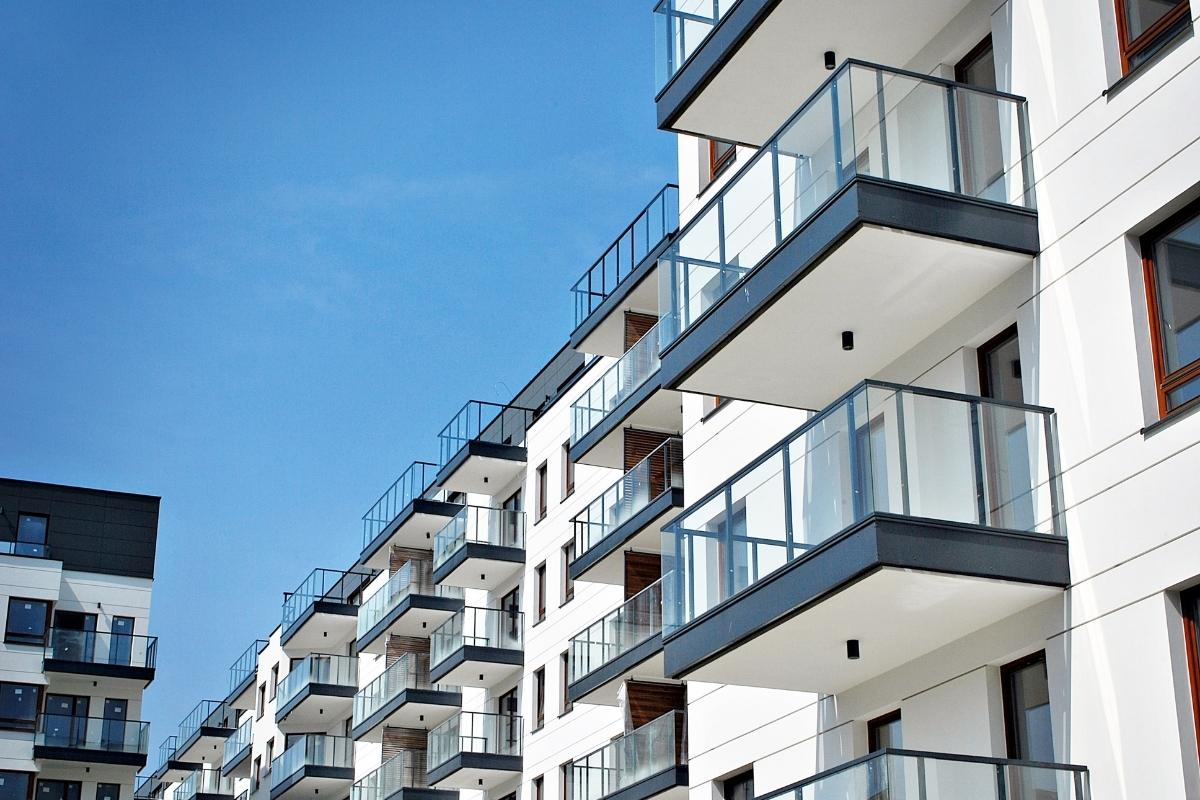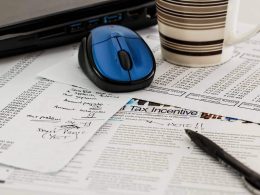A reverse mortgage can be a great solution for people who need a steady, regular income, but are no longer able to work professionally, for example, due to their age. However, in order to be able to talk about a reverse mortgage, it is important to remember that it is addressed only to holders of ownership rights to real estate.
What is a reverse mortgage?
The term reverse mortgage itself can say little, so it is worth writing about it in a few words today. In general, when we talk about the mortgage itself we are usually dealing with collateral on real estate, such as in the case of home loans or the increasingly popular mortgage loans. Mortgage itself can therefore be a term that refers to as such a security for certain debts.
In the case of a mortgage, i.e. a home loan secured by financed real estate, the mortgage creditor is, as a rule, the bank or other financing institution. We may also have to deal with a mortgage creditor in the case of collateral on the real estate owned, for example, by a public administration body. If we stop paying the debt owed to us, the authority can easily seize the property. It will then sell it and thus recover its money.
Thus, themortgage is nothing more than a kind of collateral for the debt, which must be paid by the owner of the property in question.
What is a reverse mortgage?
At first glance, the term reverse mortgage should be “reverse mortgage,” but this is not quite true. After all, it’s hard to imagine such a thing as a “reverse security,” although there is actually a lot of truth to this, as discussed below.
A reverse mortgage is based on the fact that a person who owns a property, for example, can enter into an agreement with a bank, under which the institution agrees to pay a certain amount each month, in exchange for the final assumption of ownership of the house or apartment. What does this mean? Only that we are realistically selling the apartment to the bank, only that in installments that will be paid to us for life. The bank or other institution will receive the right to the property only after the death of the owner of the apartment.
Who is the reverse mortgage addressed to?
Reverse mortgage is primarily addressed to elderly people who have exclusive right to some property, but lack the money to meet their daily living needs. Thus, it can be considered a kind of support that the senior citizen will receive in exchange for transferring the right to the property to a bank, for example, after his death.
It is worth noting that a reverse mortgage makes real sense when you own an apartment, house, plot of land or other property, but have no one to leave it to. This is because such property, after the death of the owner and the simultaneous absence of heirs, passes to the Treasury. The senior citizen gets absolutely nothing out of it. Thanks to the reverse mortgage, i.e. monthly receipts from a bank or other institution with which he concludes an agreement, he can allocate the received funds for any purpose.
How much can be received under a reverse mortgage?
How much monthly payments can be expected under a reverse mortgage depends on several factors. These will include the value of the property itself, as well as the age of the owner of the apartment, house or land. As is not hard to guess, the higher the value of the property in question, the higher the monthly payments will be. The same is true of age, which, after all, affects the number of “installments” that the bank must pay out. The older the person, the shorter the estimated life expectancy, which translates directly into the amount of monthly receipts.
It is worth noting at this point that no institution will commit to a reverse mortgage contract for 100 percent of the value of the apartment. Usually you can count on 50-70 percent, which can make it simply unattractive for many people.
The real amount of monthly income to the account of a senior citizen/property owner who opts for a reverse mortgage, therefore, ranges from a few hundred to even a few thousand zlotys.
Reverse mortgage and creditworthiness
Since the reverse mortgage is a product offered by banks, many people may ask themselves whether you need to be creditworthy to take advantage of it. The answer to this question is one. No, to take advantage of a reverse mortgage, you do not need to be creditworthy.
The only thing to remember is that the apartment, house, plot of land or other property that will be the subject of the contract must not be in debt, although many institutions choose to pay off these debts, which will simultaneously reduce the financing you will receive.
A senior citizen considering taking advantage of a reverse mortgage must have full rights to it, and it must not be subject to bailiff seizure. Nor can there be a mortgage on it, in favor of another creditor, such as a bank or the tax office.
As you can see, a reverse mortgage can be a great solution for people who need steady monthly income, and the property they own has no one to bequeath it to. The money received each month can be used for any purpose, and the apartment or house remains our property until the last days.




